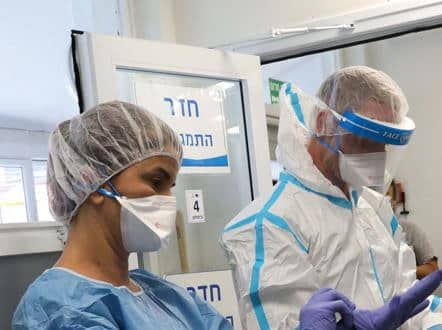Heterologous or heterogeneous vaccine schedules are popping up more and more often in Covid-19 vaccine research and discussion. What are they?
What is Heterologous Vaccination?
Heterologous vaccination means using different kinds of vaccines for each shot. Mixing-and-matching vaccines began in countries that had shortages of vaccines, like Argentina where AstraZeneca was combined with Russia’s Sputnik V.
However, at least in the case of combining AstraZeneca and Pfizer, the combination turned out to be even more effective than standard vaccine schedules in some studies. The subject is now being thoroughly researched as the advanced countries consider booster shots for people already vaccinated against Covid-19.
There is also the possibility that AstraZeneca and other adenovirus-vector vaccines in combination with mRNA vaccines like Pfizer may give longer lasting protection than mRNA vaccines alone. That prospect has been raised by a study in Israel that showed the Pfizer vaccine’s efficacy dropped to around 40% (in preventing symptomatic disease) after six months. On the other hand, in the UK Pfizer remained 88% effective six months later.
It’s not clear if the drop in vaccine efficacy results from the delta variant or the time passed from initial vaccination. Nor can researchers explain the difference between results in the two countries.

The Israeli government isn’t waiting around to find out. The government has now opened vaccination with a third shot of the Pfizer vaccine to everyone over the age of 12. Trial data for Pfizer booster shots were released just three weeks ago.
Meanwhile, Moderna claimed to have won the contest on vaccine longevity. Data suggest its vaccine remains 93% effective six months after vaccination.
For now, the WHO is typically reserved about the prospect of heterologous vaccination. It cautions that completed studies “require cautious interpretation given the limited sample sizes and lack of follow up, especially related to safety data,” and suggests that we look to the “large number” of studies on the subject that are currently in progress.
Follow Christian on Twitter for more news updates.
Feature image courtesy of @diana_pole via Unsplash.